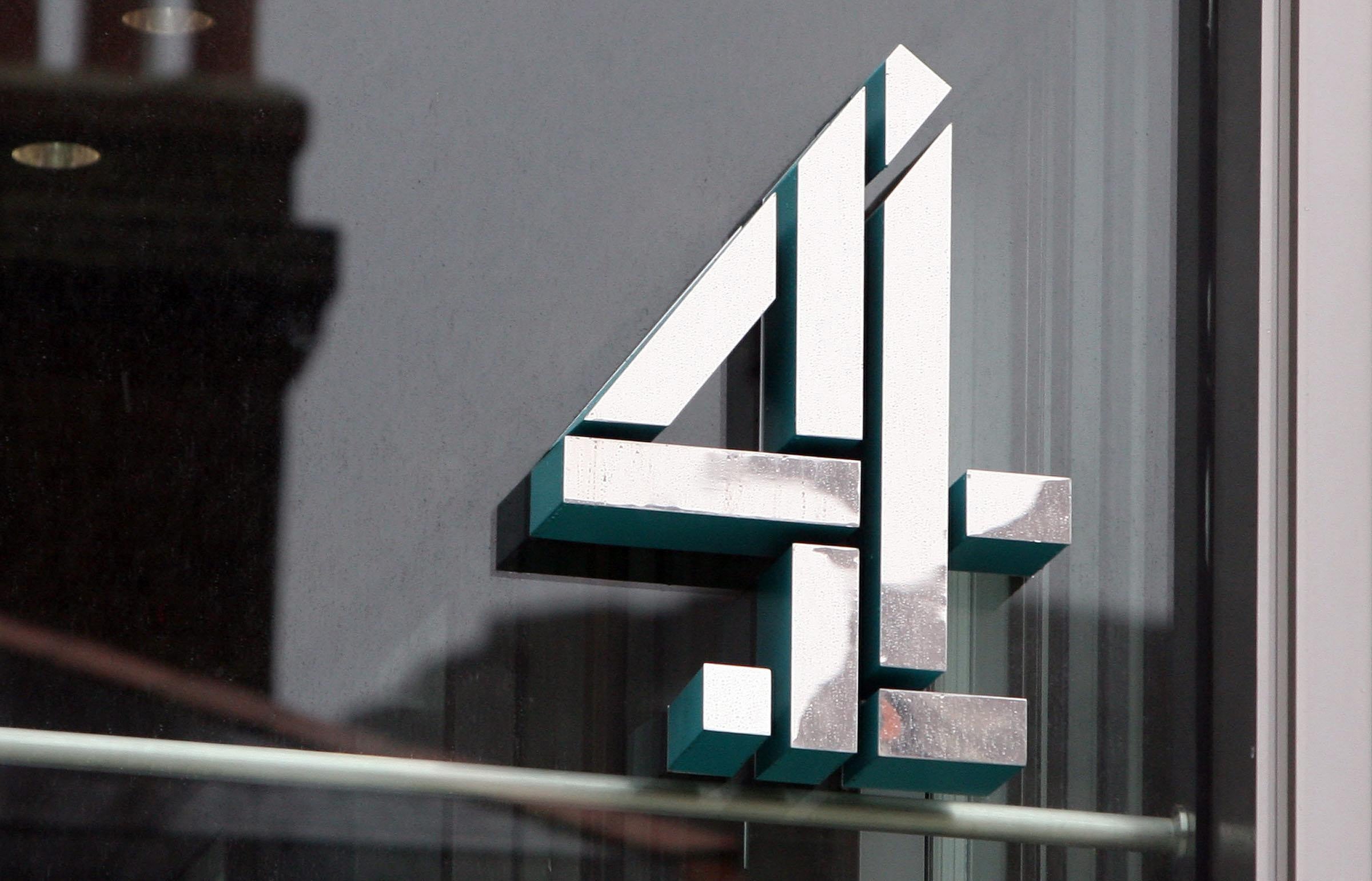Nadine Dorries insists decision to sell off Channel 4 is not ‘ideological’
The Culture Secretary took part in a phone-in on LBC radio.

Your support helps us to tell the story
From reproductive rights to climate change to Big Tech, The Independent is on the ground when the story is developing. Whether it's investigating the financials of Elon Musk's pro-Trump PAC or producing our latest documentary, 'The A Word', which shines a light on the American women fighting for reproductive rights, we know how important it is to parse out the facts from the messaging.
At such a critical moment in US history, we need reporters on the ground. Your donation allows us to keep sending journalists to speak to both sides of the story.
The Independent is trusted by Americans across the entire political spectrum. And unlike many other quality news outlets, we choose not to lock Americans out of our reporting and analysis with paywalls. We believe quality journalism should be available to everyone, paid for by those who can afford it.
Your support makes all the difference.Nadine Dorries has said that if the public “took too much notice” of Channel 4 News then the Conservative Party would not have its majority in Parliament.
Speaking during a phone-in session on LBC radio, the Culture Secretary insisted the Government’s decision to sell off Channel 4 was not “ideological”.
Earlier this year, the Government announced its intention to take the broadcaster, created in 1982 by the Tory government of Margaret Thatcher and entirely funded by advertising, out of public ownership.
The sale of Channel 4 is about saving Channel 4
Responding to a call from a member of the public, Ms Dorries said the “narrative” that the sale of Channel 4 meant the end of the broadcaster was “completely untrue”.
She added: “The sale of Channel 4 is about saving Channel 4.
“And the reason why we’re selling Channel 4 is because it’s state-owned and Channel 4 wants to raise funding in order to make more of that great content, encourage more of those comedians that you have mentioned.”
The minister said the Government needed to “set free” the broadcaster so it can raise the investment it needs for the future.
In response to Ms Dorries’ comments on the broadcaster’s future funding, a statement from a Channel 4 spokesperson said: “Channel 4 does not have any debt and has £270m in cash and sufficient funds for investment.
“Channel 4 also put forward a proposal that would have enabled it to access private-sector capital that would not sit on the public balance sheet to drive new investment in the creative economy.”
Ms Dorries was also questioned over whether the Government wanted to penalise Channel 4 because of its perceived critical coverage, and she responded: “It’s not ideological.
“I have said that Channel 4 sometimes doesn’t do itself any favours, but I couldn’t care less what they report on the news.
“If anyone listened or took too much notice of what Channel 4 says on the news and took it to heart, we wouldn’t have an 83-seat majority in Parliament.
“So am I worried about Channel 4 News? Is that why I’m selling it? No, I honestly don’t give a fig.”
Once again referring to reports that former anchor Jon Snow shouted “F*** the Tories” while at Glastonbury Festival five years ago, she added: “When its anchor goes around shouting, ‘F the Tories’ then it doesn’t really help.
“But again, we went on and won an 83-seat majority. So it isn’t ideological.
“I actually like Channel 4. I watch (it). To be honest, if I’m going to watch anything on linear TV these days it is quite often Channel 4.”
In April this year, the Government’s White Paper offered a first look at proposed plans for Channel 4, saying that under public ownership, the broadcaster has limited ability to borrow or raise capital by issuing shares and its set-up “effectively stops it from making its own content”, as it is heavily reliant on advertising revenue.
Subscribe to Independent Premium to bookmark this article
Want to bookmark your favourite articles and stories to read or reference later? Start your Independent Premium subscription today.